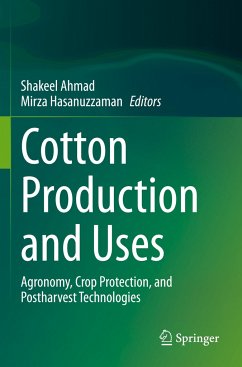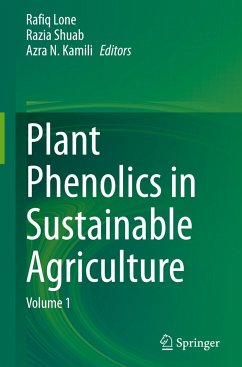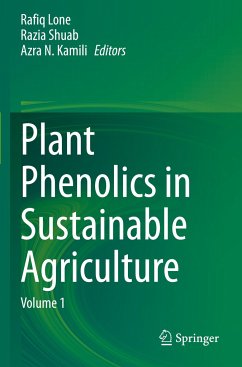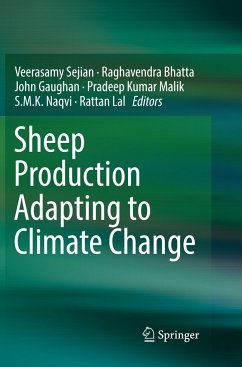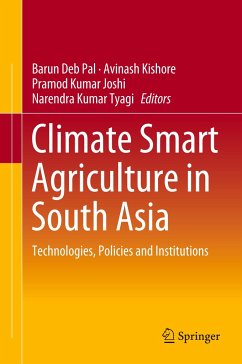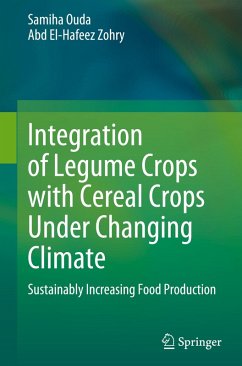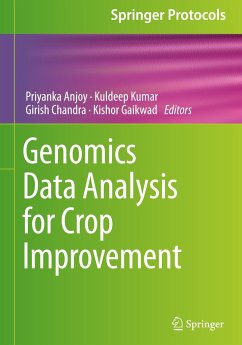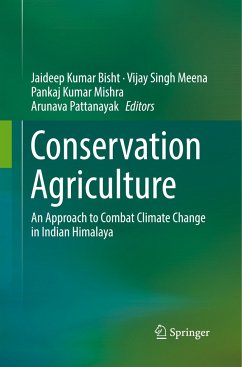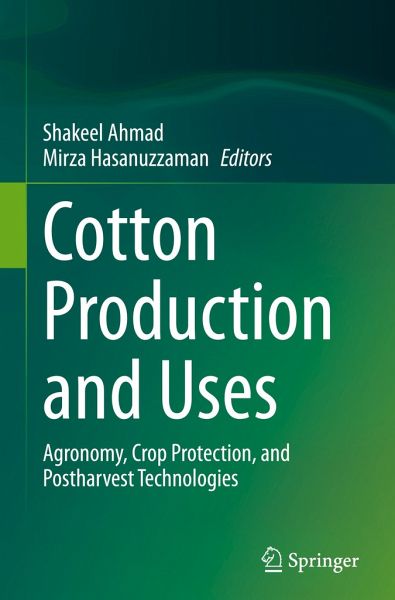
Cotton Production and Uses
Agronomy, Crop Protection, and Postharvest Technologies
Herausgegeben: Ahmad, Shakeel; Hasanuzzaman, Mirza

PAYBACK Punkte
69 °P sammeln!
This book provides a comprehensive and systematic overview of the recent developments in cotton production and processing, including a number of genetic approaches, such as GM cotton for pest resistance, which have been hotly debated in recent decades. In the era of climate change, cotton is facing diverse abiotic stresses such as salinity, drought, toxic metals and environmental pollutants. As such, scientists are developing stress-tolerant cultivars using agronomic, genetic and molecular approaches. Gathering papers on these developments, this timely book is a valuable resource for a wide au...
This book provides a comprehensive and systematic overview of the recent developments in cotton production and processing, including a number of genetic approaches, such as GM cotton for pest resistance, which have been hotly debated in recent decades. In the era of climate change, cotton is facing diverse abiotic stresses such as salinity, drought, toxic metals and environmental pollutants. As such, scientists are developing stress-tolerant cultivars using agronomic, genetic and molecular approaches. Gathering papers on these developments, this timely book is a valuable resource for a wide audience, including plant scientists, agronomists, soil scientists, botanists, environmental scientists and extention workers.



